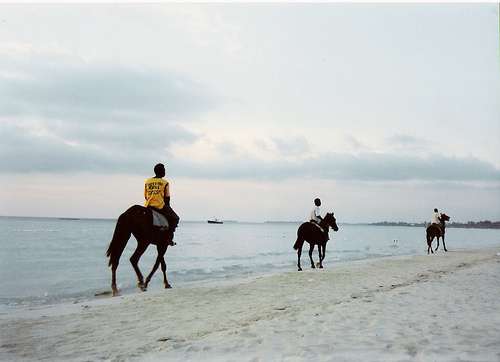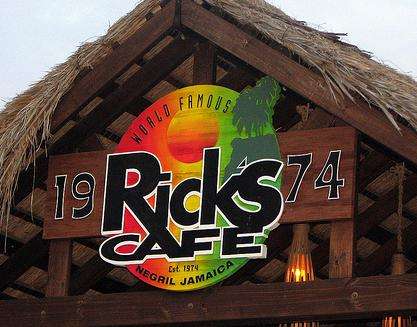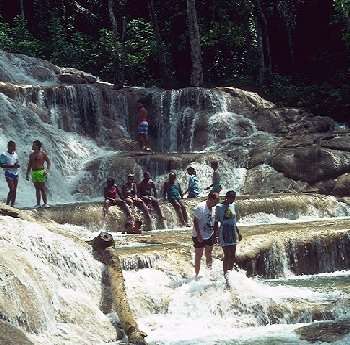Getting to Jamaica and getting around. Our transportation tips will
help make your trip smoother. More good sand advice.
Entry Documents
Proof of citizenship for Canadian citizens (passport or birth certificate with a photo ID). Passports required for U.S. citizens and citizens of other countries. All visitors must have an ongoing or return ticket.
Airlines Flying Here
MBJ
Airport
Vacationer’s typcially fly into Sangster airport in Montego Bay. Kingston’s Norman Manley airport is the second most highly used airport mostly for business or resident traffic.
Departure Tax
US$20
Driving
On the left - valid driver’s license is required.
Local Transportation
Jamaica, there are several options for local transportation, including:
1. Route Taxis: These are shared taxis that operate on set routes and are often the most affordable option for getting around the island. They can be identified by their red license plates and can be found at designated taxi stands or hailed on the street.
2. Private Taxis: Private taxis are more expensive than route taxis, but they offer more flexibility in terms of routes and destinations. They can also be booked in advance through hotels or transportation companies.
3. Buses: Public buses are available in Jamaica, but they may not be the most reliable or comfortable option for tourists. They are often crowded and may not run on a set schedule.
4. Car Rentals: Renting a car is a convenient way to explore Jamaica, especially for those who want to venture off the beaten path. However, driving in Jamaica can be challenging, especially for those not used to driving on the left side of the road.
5. Scooters and Motorcycles: Renting a scooter or motorcycle is a popular option for tourists looking for a more adventurous way to get around. However, it is important to exercise caution and follow all traffic laws.
6. Bicycle Rentals: Bicycles can also be rented in popular tourist areas, and they are a great way to explore the island at a slower pace.
7. JUTA (Jamaica Union of Travelers Association) Taxis: These are private taxis operated by licensed drivers and can be booked through hotels or transportation companies. They are often more expensive than regular taxis but offer a more comfortable and reliable service.
8. Water Taxis: Water taxis are available in some areas of Jamaica, such as Montego Bay and Port Antonio. They provide a scenic and convenient way to travel between popular destinations.
Overall, the best option for local transportation in Jamaica will depend on your budget, destination, and personal preferences. It is always recommended to research and compare prices before choosing a mode of transportation.



